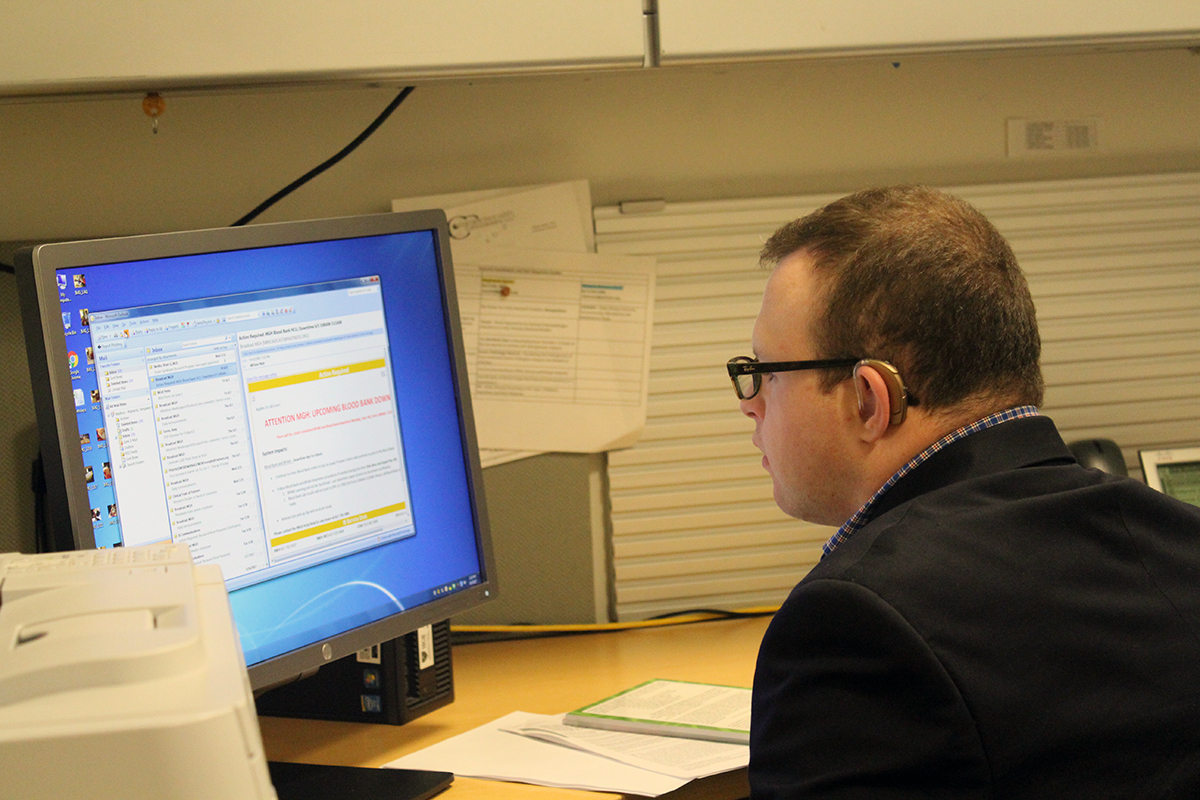“Guardianship has been the default option for people who “need protection” for centuries. It’s time to rethink that option. There are people who have a legitimate need for a guardian; however, many other people could be better served by simply getting some support to make decisions. Supported decision-making is being utilized across the globe both as an alternative to guardianship and as a way to increase self-determination for all people with disabilities and older adults.” – Laura Butler
Join us in person or online for our Fall Seminar series on Friday, September 28, 2018 from 1 – 3pm ET to learn more about “Supported Decision-Making and Guardianship.”
Learn more from experts Laura Butler, Camille Collins, and Bill Dolan. The seminar will be held at the UK Coldstream Research Campus Human Development Institute Training Room 1525 Bull Lea Road, Lexington KY. A link to the live video stream of the seminar will be sent to registrants.
Click here to register for the seminar. For help registering, contact walt.bower@uky.edu.
Presenters:
Laura Butler, Human Development Institute, University of Kentucky
Camille Collins, Kentucky Division of Protection & Advocacy
Bill Dolan, Kentucky Division of Protection & Advocacy
Overview:
This seminar provides an introduction to supported decision-making (SDM) and guardianship. The presentation will explain SDM, as well as discuss guardianship laws and practices. Practical implications of SDM and guardianship in employment, health care, education, and community integration will be emphasized.
Learning Objectives:
- Be able to define supported decision-making as a means of increasing independence and overall well-being for people and as an alternative to guardianship.
- Identify practical uses for supported decision-making and guardianship across the lifespan.
- Understand the guardianship process in the courts, including the process of modifying or terminating guardianship.
- Develop an understanding of the role, as defined by regulation and statues, of guardianship.
- Become familiar with the pros and cons of both supported decision-making and guardianship and understand how to evaluate the potential benefits of each option for an individual situation.
This program is presented in conjunction with the Kentucky Office of Vocational Rehabilitation. CRC credit hours are pending for Rehabilitation Counseling.
Photo by Justin Meredith.



